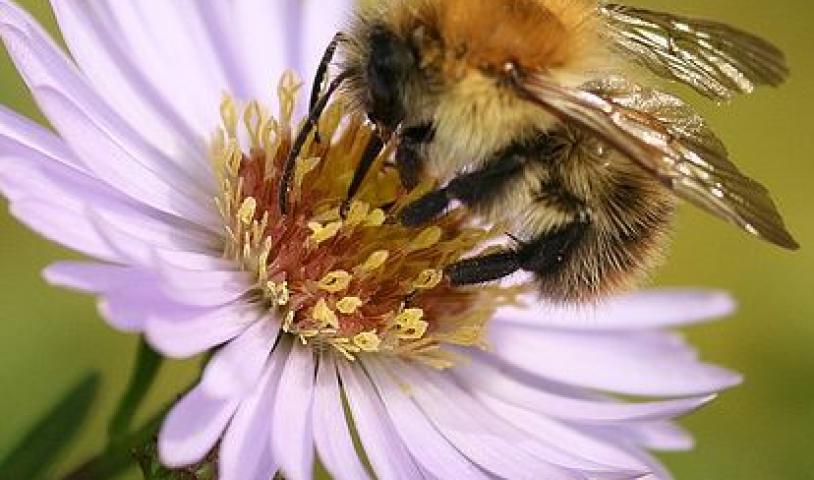Manitoba group launching campaign to curb pesticides it says kills bees
Tuesday, May 12, 2015
Manitoba’s Wilderness Committee is launching a campaign against a class of pesticides they say are killing bees.
"The fact that these pesticides are having such an effect on bees is really troubling," said Eric Reder, the Manitoba campaign director with the Wilderness Committee.
They’re called neonicotinoids, or neonics for short, and the environmentalist group says they’ve been linked to recent mass die-offs of the pollinators.
The committee is launching a campaign asking governments to legislate against their use.
Right now, neonics are widely used to treat seeds, plants and soils and many gardeners who don’t want to use these pesticides, are unknowingly buying plants with the chemical and planting them in their backyards.
"So, that soil is going to remain in your garden and neonicotinoids will be in your yard affecting bees on your property," said Reder.
So far this season, apiarist Phil Veldhuis says his bees are prospering, but it's cautious optimism.
"Over half my hives over the last two years have collapsed," he said Thursday, while checking on his bees outside Winnipeg.
Why they’re dying is the controversial question, Veldhuis said there isn’t enough scientific evidence to say it’s the neonics for sure, which are also used in agriculture.
"We count on farmers to be successful. We want their crops to thrive and be abundant and healthy so our bees can work on those flowers," he said.
Sage Garden Greenhouse has made sure they are not selling plants with traces of this class of pesticide.
"We've gone back and looked through all of our suppliers so there is no neonics applied at all on any of the plants grown here or from any of our suppliers," said co-owner and manager Dave Hanson.
Hanson said it's important for shoppers to ask growers about these pesticides and, if you want to avoid them, look for certified organic products.
“We have to be honest with ourselves, whether it's worth it to use those kinds of chemicals or is there (a) healthy alternative? And we really feel there are."
Many major retailers have made commitments to scale down the use of neonics.
Rona, for example, said they guarantee 70 per cent of their plants are neonic free and, starting in 2016, they will post signs on products that contain the pesticide.
Photo Credit: Nutmeg66 via Flickr





